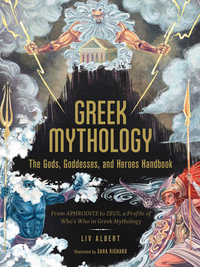"Today's interconnected and interdependent world are bringing new levels of complexity, tensions and paradoxes, as well as new knowledge horizons and new ways to see, think and act. Who we are becoming, and where will our subjectivity and meaning as humans reside?Flashpoint Epistemology series provides us the fundamental reflections toward the transformation of the world and its projections on education, policy making, curriculum and research.
The book series provides us with transdisciplinary and timely systems thinking and epistemological reflection at the level of philosophy, culture, politics, art and ethics, which enables us to be vigilant in understanding the complexity and variability of the time and to work with complexity and change.
'Consciousness is itself transformed by what it encounters, and so is the object that is encountered' (Martin Jay ,2005, 184) Today's education, policymaking, curriculum, and teaching are not lacking in specific techniques, strategies, and problem-solving methods, but in the profound and distinctive perspectives of consciousness-innovation explored in this epochal book series."
-Prof. Liya TU?College of Education, Zhejiang University
"This two volume edition of 'Flashpoint Epistemology' is a must read for any educator interested in conducting and understanding research today. It provides an original insight of what 'Flashpoint Epistemology' is, particularly in relation to an interrogation of fixed ideas of place, home, death, life etc. It makes us challenge how complexities around these issues are forged, emerge and how they play out in modern day society - one which continues to be marred by risk, insecurity and instability. Original, insightful and totally engaging - an excellent contribution to research epistemologies."
-Professor Kalwant Bhopal FAcSS, Director, Centre for Research in Race and Education (CRRE)
"This two volume edition of 'Flashpoint Epistemology' is a must read for any educator interested in conducting and understanding research today. It provides an original insight of what 'Flashpoint Epistemology' is, particularly in relation to an interrogation of fixed ideas of place, home, death, life etc. It makes us challenge how complexities around these issues are forged, emerge and how they play out in modern day society - one which continues to be marred by risk, insecurity and instability. Original, insightful and totally engaging - an excellent contribution to research epistemologies."
- Professor Kalwant Bhopal FAcSS, Director, Centre for Research in Race and Education (CRRE), School of Education, University of Birmingham, UK
























